Having ulcerative colitis can lead to some further problems. In this article we take a look at some of the complications of ulcerative colitis.
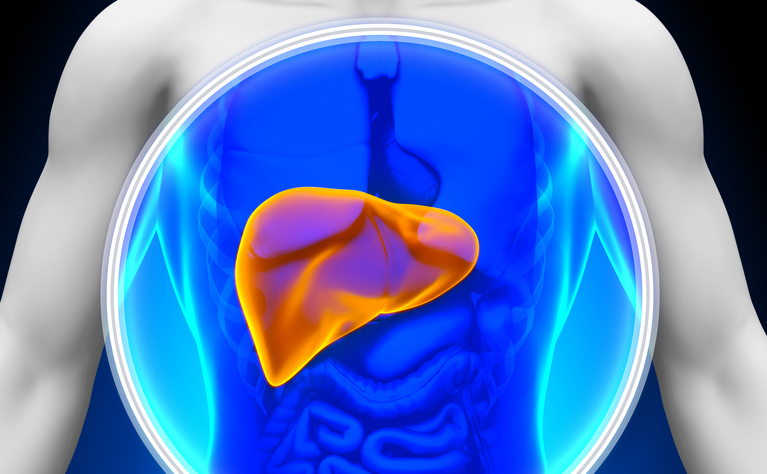
PSC is a common complication of ulcerative colitis. In PSC the bile ducts which carry bile out of the liver and into the digestive system become inflamed and, over time, they get damaged.
It can be difficult to spot PSC in its early stages as symptoms only become obvious once it’s at an advanced stage. These symptoms include:
There isn’t any specific treatment for PSC. Medications are usually used to relieve its symptoms. In some cases a liver transplant is needed.
Toxic megacolon is a rare but very serious complication of ulcerative colitis in which the colon becomes swollen due to trapped gas caused by inflammation. This swelling could cause the colon to rupture or septicaemia (blood infection).
Symptoms include:
It can be treated with intravenous fluids, antibiotics and steroids, as well as a tube inserted into your anus to remove some of the gas. In some cases a colectomy may be needed (removal of the colon).
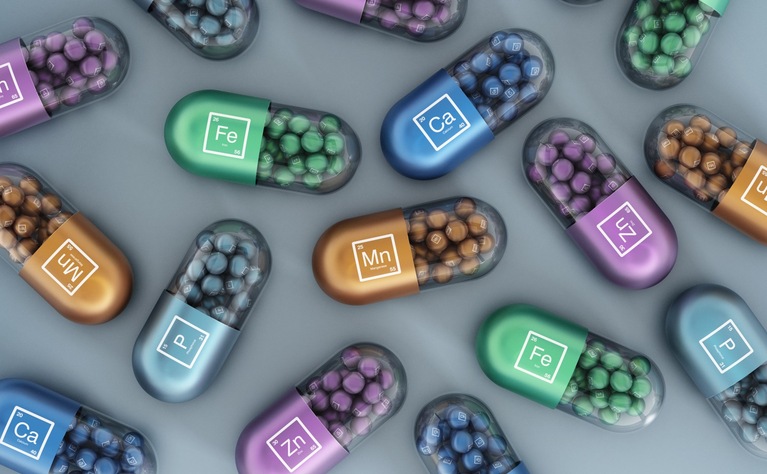
Intestinal bleeding, inability to absorb nutrients, diarrhoea and some surgery can all play a role in vitamin and mineral deficiencies in people with ulcerative colitis.
Read more about common vitamin and mineral deficiencies in people with ulcerative colitis
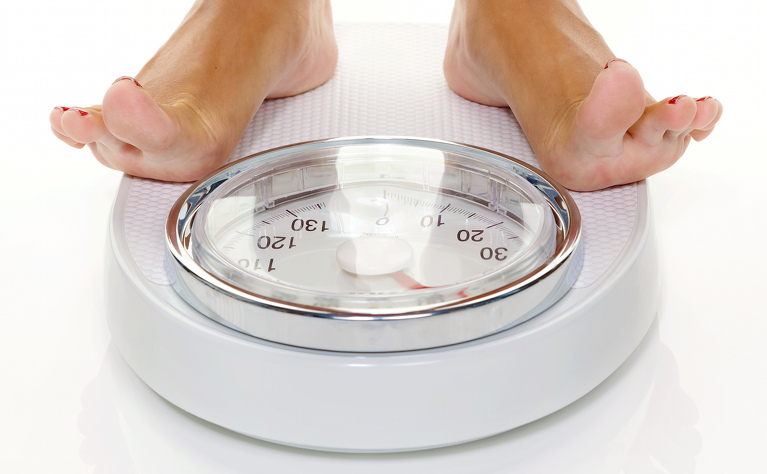
Malnutrition in ulcerative colitis happens because someone isn’t getting enough of the nutrients they need. This can be due to not have a varied enough diet or because they are unable to absorb the nutrients in their food due to inflammation or surgery.
Symptoms of malnutrition include:
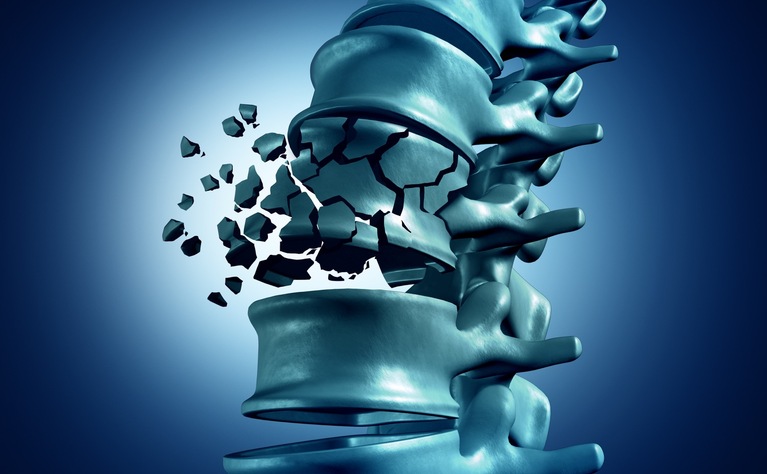
Osteoporosis is a weakening of your bones. It can be caused by not absorbing nutrients or through long-term use of steroid medication. The main symptom is bone fractures.
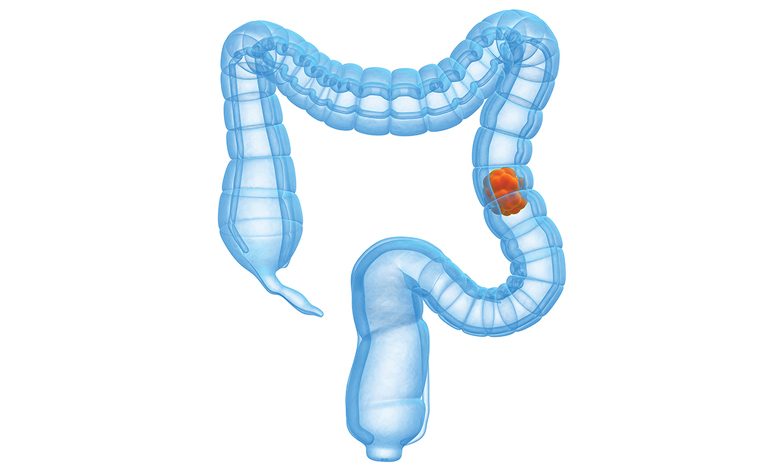
People with ulcerative colitis have an increased risk of bowel cancer. This risk is increased the longer you have had UC.
The symptoms of bowel cancer can be similar to ulcerative colitis so it can initially be hard to spot.
Symptoms include:
After around 10 years post-diagnosis you should have regular check-ups for bowel cancer.
Learn more about colon cancer and ulcerative colitis

Having ulcerative colitis, and some of its treatments, can lead to slow growth in children and/or delayed puberty.
Children with ulcerative colitis will be monitored by their IBD team and their height and weight will be checked against average measurements for their age.
IBD causes inflammation in your digestive system but it can also cause problems with other parts of your body - including your eyes.
The problems may occur as a direct result of your IBD or in some cases they can be side effects as a result of medications taken to help control ulcerative colitis - such as corticosteroids.
For some people eye problems are the first sign they have a problem with their immune system and that they may have IBD - for others they are complications which can occur after years of living with IBD.
Some of the common problems include:
Other complications of ulcerative colitis include: